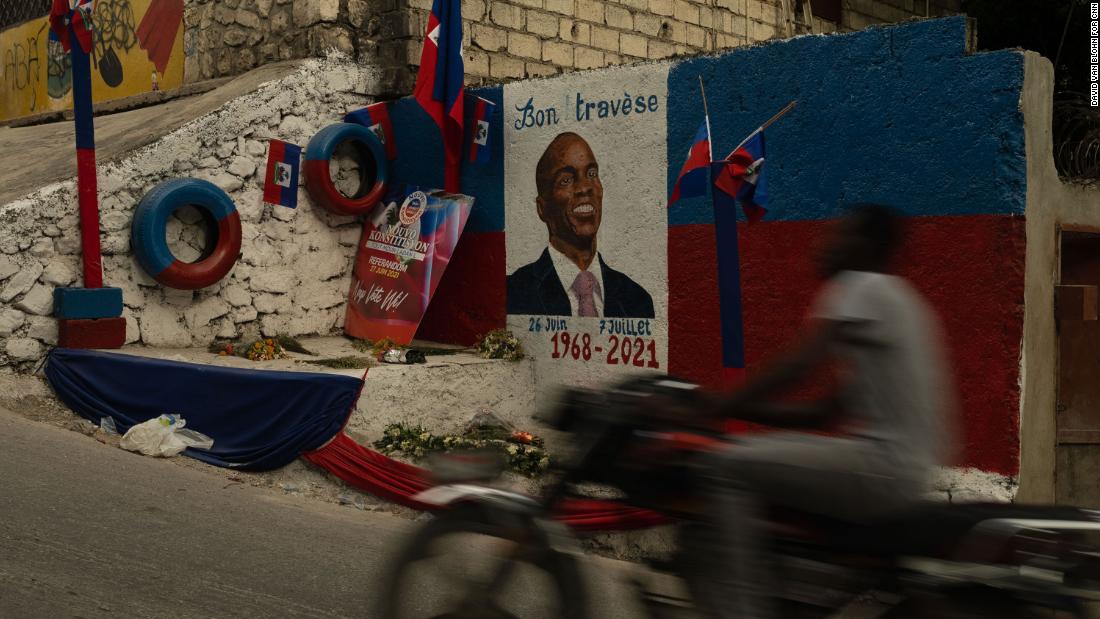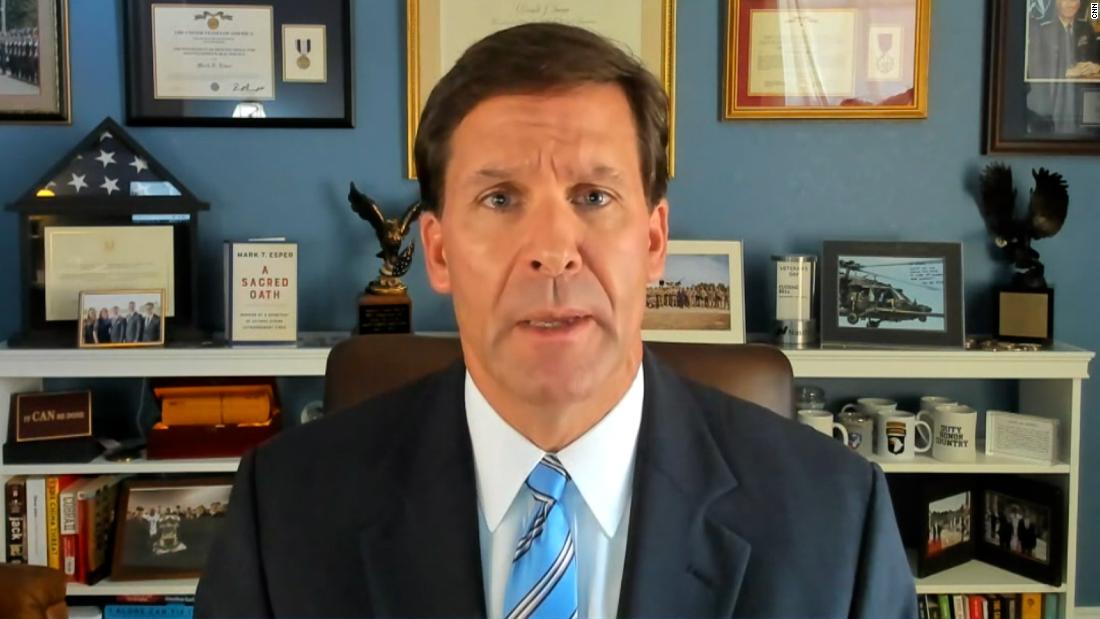How to Keep the Next Generation of Cops On the Job
In order to retain younger officers and showcase policing as a rewarding profession, police agencies must create a supportive, collaborative and compliant workplace environment, writes a former Texas police chief.

Across the country, police departments are facing critical staffing shortages that impede upon their ability to protect public safety.
With fewer officers joining the force and more retiring or resigning, the problem continues to worsen for departments of all sizes and locations. According to a national survey by the Police Executive Research Forum, retirements and resignations increased by 45 percent and 18 percent respectively in the first year of the pandemic, compared to the year prior.
Large metro areas are facing the most significant struggles. The Philadelphia Police Department, for example, is currently short over 1,300 officers.
The lack of officers on duty creates burdens with regards to overtime budgeting, response times and overall daily operations. Additionally, allocating resources to training new officers becomes difficult, which makes solving the staffing issues more challenging.
As crime rates continue to increase dramatically, staffing complications are preventing police departments from responding efficiently.
The Five-Minute Rule
The national goal for law enforcement officials is to be on location within five minutes of a high-level emergency call. Currently, response time can exceed an hour, while lower priority calls can take days, causing immense frustration and concern for citizens.
With limited officers available, law enforcement agencies prioritize crisis incidents and often lose the ability to allocate time and resources to proactive policing work. This means police forces are often incapable of engaging in community efforts and following up on low-profile incidents to generate leads and prevent future crime.
The lack of public interactions outside of reactive policing prevents officers from forming positive relationships with members of the public and improving the image of police departments in communities and neighborhoods.
What Happened to Community Policing?
Community policing was most successful in the 1990s and early 2000s, when officers could spend quality time connecting with community members and leaders, following up with probation officers and strengthening community partnerships.
Over the past two to three years, there have been several historic, highly publicized use-of-force cases that depicted policing in a negative light.
At the same time, media representations have damaged the reputation of law enforcement, leading to community members having less trust in their local police officers.
When officers feel undervalued by the communities they serve, law enforcement agencies face weak retention and decreased interest from prospective recruits. With morale at an all-time low, national and local law enforcement leaders must prioritize improving relations between police officers and their communities.
Earning Back Lost Trust
Instead of reacting to events as they happen, law enforcement leaders should proactively shift the focus to promote positive policing stories to help earn back lost trust.
Emphasizing beneficial interactions with the public will showcase officers as protectors of public safety, rather than exclusively enforcers of the law. Over time, this will help reaffirm the value and necessity of law enforcement in our communities.
Another hurdle for recruitment and retention efforts is that members of the new generation of police officers tend to look at policing as a job rather than as a career path. This challenges leaders to promote the benefits of a career in law enforcement.
In order to retain these younger officers and showcase policing as a rewarding profession, departments should concentrate on creating a supportive, collaborative and compliant workplace environment.
The Tech-Smart Force
A beneficial way to start is by being on the forefront of new technologies and resources so officers have the most up-to-date tools at their disposal. Prospects, as well as current officers, will notice that the department is invested in setting them up for success and promoting strong communication, ultimately bettering the chances of officers willing to stay.
In addition to improving retention, law enforcement agencies must focus on strong recruitment strategies.
While some departments have been less inclined to recruit military veterans in recent years, the strategy proves to be effective because these individuals tend to successfully transition into the new role due to their transferable skills.
Additionally, and ideally, a police department should mirror the community it serves in terms of social identities.
When representation on the force does not reflect the community, leaders should emphasize recruiting efforts in the areas in which they are short. Historically Black colleges and universities, along with Hispanic and Latinx leadership, have great networks for potential recruits.
Creating a force that truly represents the community requires realigning strategies to target diversity-rich populations.
By focusing efforts in the right areas, law enforcement leaders can adjust to the challenges of staffing shortages. Implementing effective strategies and proactive solutions will allow police departments to find individuals willing to serve and adapt to the next generation of officers.

Jeff Halstead
Moving forward, law enforcement agencies will need to focus on strong recruitment and retention techniques to continue serving communities and protecting public safety.
Additional Reading:
DC Offers New Officers 20K Bonus to Combat Hiring Shortage, The Crime Report, June 20, 2022
Police Departments are Dangling Bonuses to Attract New Cops Wall Street Journal, Sept. 29, 2022
Jeff Halstead, a 30-year police veteran, is a former Chief of Police in Fort Worth, Tex., and co-founder & president of Evertel, mobile communication platform for first responders. Follow him on Facebook at https://www.facebook.com/evertelhq/ His Twitter handle: https://twitter.com/evertelhq , and LinkedIn: https://www.linkedin.com/in/jeff-halstead-33920124

 Landwebs
Landwebs 





















